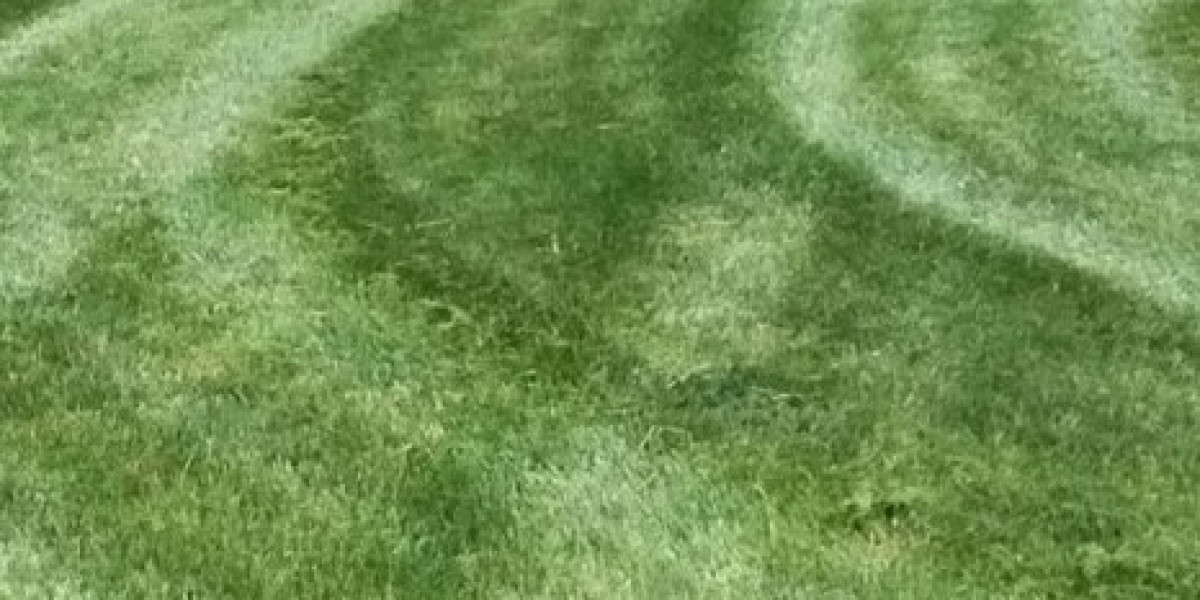Maintaining a lush, green lawn while being environmentally conscious is a growing trend in Richmond, VA. With its humid subtropical climate, characterized by hot summers and mild winters, Richmond presents unique challenges and opportunities for sustainable lawn care. This guide explores easy strategies for creating a green and thriving yard, promoting sustainability without compromising beauty.
Choose Native Plants and Grasses
Selecting the right plants and grasses is crucial for a sustainable lawn. Native species are adapted to Richmond's climate, requiring less water, fertilizer, and maintenance. Tall fescue is an excellent choice for Richmond’s climate, tolerating heat and drought. Bermuda grass is ideal for the hot, humid summers, being drought-resistant and low-maintenance. Additionally, incorporating native flowers such as Black-Eyed Susan and Purple Coneflower can attract pollinators and require minimal care. Native plants are not only more resilient but also provide essential habitats for birds, bees, and butterflies, supporting local wildlife and enhancing biodiversity.
Enhance Soil Health with Composting
Healthy soil is the foundation of a sustainable lawn. Composting kitchen scraps, leaves, and grass clippings enriches soil, improving its structure and nutrient content. Starting a compost bin in a shaded area can effectively decompose organic waste. It’s beneficial to mix greens, like kitchen scraps, with browns, such as leaves and paper, to maintain a balanced compost pile. Turning the compost regularly aerates it, speeding up the decomposition process, and ensures that it breaks down efficiently.
Implement Efficient Irrigation Practices
Water conservation is vital for sustainable lawn care. Over-watering can lead to shallow roots and promote diseases, especially in Richmond’s humid climate. Watering early in the morning reduces evaporation and prevents fungal growth, which is common in humid conditions. Using drip irrigation systems delivers water directly to the soil, minimizing waste and promoting deep root growth. Installing smart controllers that adjust watering schedules based on local weather conditions ensures that your lawn gets the right amount of water without waste.
Adopt Sustainable Mowing Practices
Proper mowing techniques can reduce your lawn’s maintenance needs and promote a healthier, greener yard. Mowing your lawn at a height of 3-4 inches shades the soil, reducing water loss and suppressing weed growth. Using a mulching mower returns grass clippings to the lawn, providing natural fertilizer and reducing yard waste. Additionally, maintaining sharp mower blades ensures clean cuts, promoting healthy grass growth and reducing stress on the lawn. Considering electric or manual push mowers can also reduce fossil fuel emissions, making your mowing routine more eco-friendly.
Go Organic with Fertilization
Chemical fertilizers can harm the environment and your lawn’s health. Opting for organic fertilizers nourishes your lawn naturally. Slow-release fertilizers provide nutrients gradually, reducing the risk of over-fertilization and runoff. Mixing compost into the soil enhances its nutrient content and structure, promoting healthier grass. It’s best to apply fertilizers during the growing season, following the recommended schedule for your grass type to ensure optimal growth and health.
Manage Weeds and Pests Naturally
Avoiding chemical herbicides and pesticides by using natural methods to control weeds and pests is key to sustainable lawn care. Maintaining a dense lawn can naturally outcompete weeds, reducing their growth. Applying organic mulch around flower beds and trees suppresses weed growth effectively. Hand weeding regularly prevents weeds from spreading and keeps your lawn neat. For pest control, encouraging beneficial insects like ladybugs and lacewings, which prey on pests, can be highly effective. Neem oil is a natural remedy that controls a variety of pests without harming beneficial insects. Additionally, practicing crop rotation in your garden disrupts pest life cycles, reducing infestations and promoting a healthy lawn.
Design for Sustainability
Incorporating sustainable design elements can reduce maintenance and enhance your yard’s beauty. Designing functional zones for different activities, such as a patio, garden bed, or play area, reduces the lawn’s size and minimizes maintenance. Planting perennials around the lawn’s edges minimizes mowing and adds year-round color, making your yard both beautiful and easy to maintain. Incorporating pathways, patios, and retaining walls creates a functional and visually appealing landscape, reducing the lawn’s overall area and promoting sustainability.
Conclusion
Creating a sustainable, low-maintenance lawn in Richmond, VA, is both achievable and beneficial for the environment. By choosing native plants, enhancing soil health, conserving water, and adopting natural pest control methods, you can enjoy a beautiful, eco-friendly yard. Embracing these easy strategies today will transform your lawn into a green, thriving oasis that supports local wildlife and reduces your environmental footprint. Start your journey towards a more sustainable lawn and contribute to a greener future for Richmond.








